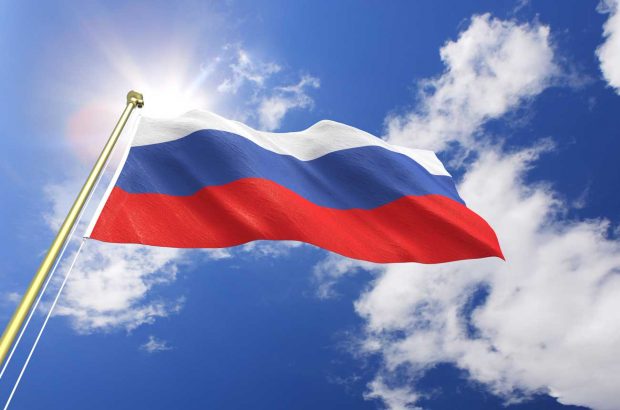Champagne producers have resumed shipments to Russia, the Comité Champagne trade body has confirmed, but it also said the fight against a new Russian labelling law was far from over.
The group called for a halt to Champagne exports to Russia in July after criticising a ‘scandalous’ new law in the country that would force Champagne makers to use the term ‘sparkling wine’ on the back labels of bottles.
The term ‘Shampanskoye’, a direct translation of Champagne, was reserved for Russian sparkling wine producers, it said.
While the new law remains in place, the Comité Champagne said its recommendation to restart shipments was motivated by a desire ‘not to penalise Russian customers and consumers’, who it said will be keen to drink Champagne as the end-of-year festive season approaches.
Russia has a long history of enjoying Champagne, although several other export markets are bigger today.
Shipments to Russia were worth €35m in 2020, up nearly 2% versus 2019, making it the 15th biggest export market by value, show Comité Champagne figures.
The Comité said that it remained determined to challenge Russia’s new labelling rules.
‘The Champagne sector continues to demand full recognition of its appellation in Russia, and the amendment of this law in order to provide consumers with clear and transparent information,’ the Comité said.
It described the endeavour as a long-term process but also cited support from France’s agriculture ministry.
French agriculture minister Julien Denormandie was quoted in La Tribune newspaper earlier this month as saying that his ministry had approached Russian authorities and was stepping up discussions. He said the French government would not let the matter rest.
Champagne already enjoys protected name status in the EU and several non-EU countries, and the Comité Champagne has a track record of strongly defending its producers from any possible infringement worldwide.
Champagne exports fell by around 16% in volume and value in 2020, to 130.8m bottles and €2.6bn, due to lower orders during the first months of the Covid-19 pandemic, according to Comité figures.
Related articles
Champagne body criticises ‘scandalous’ Russia label law
‘Champagne sorbet’ name dispute sees new court ruling
Premium: 30 top rosé Champagnes to try





